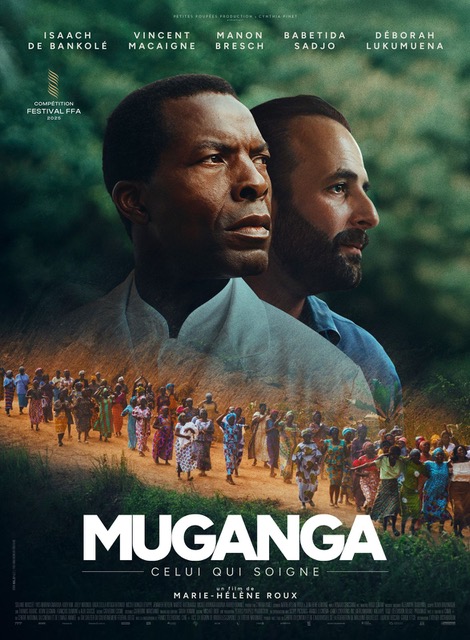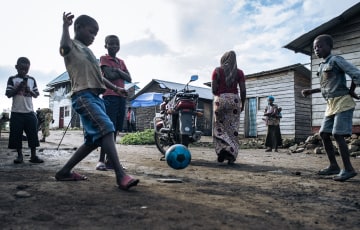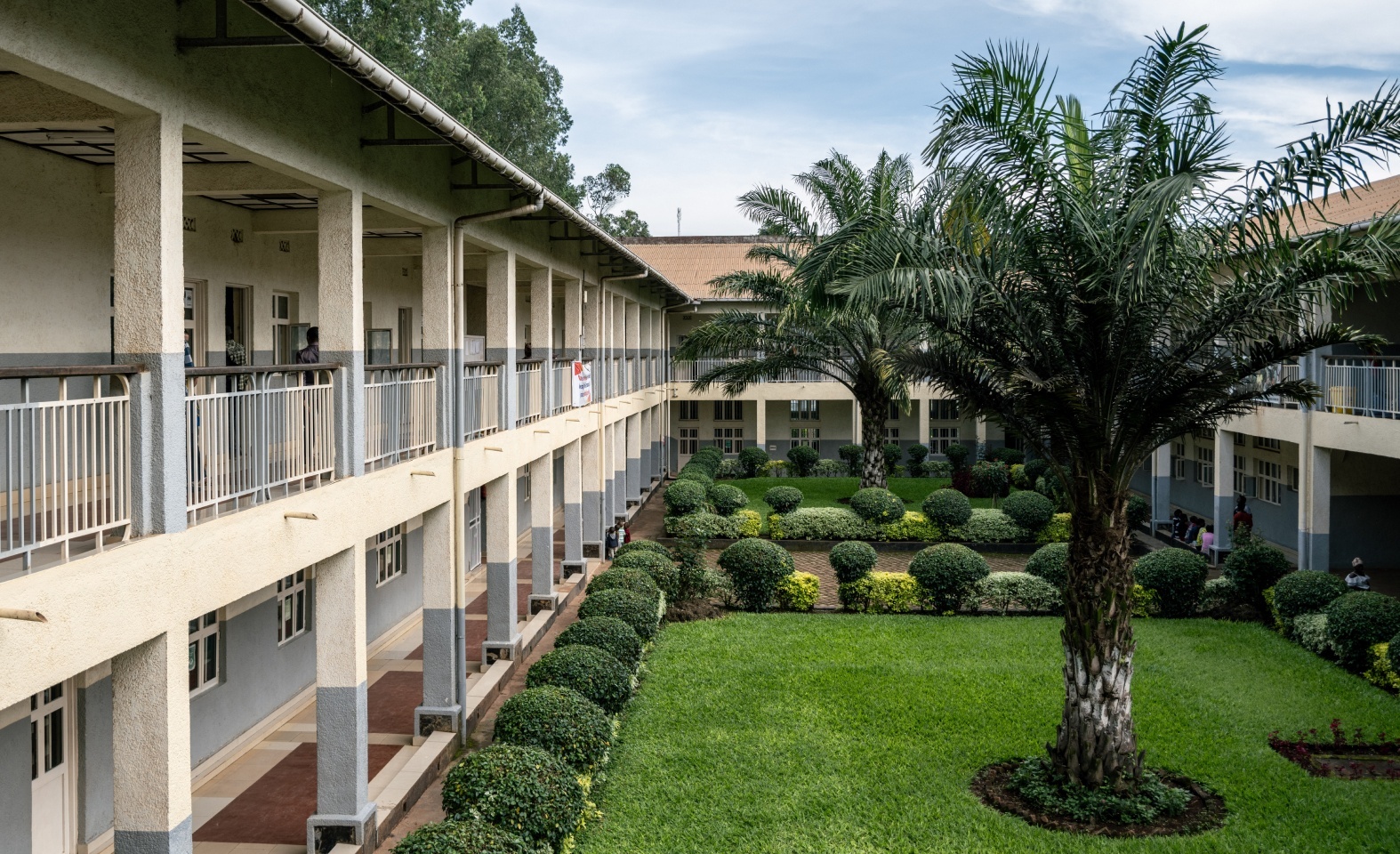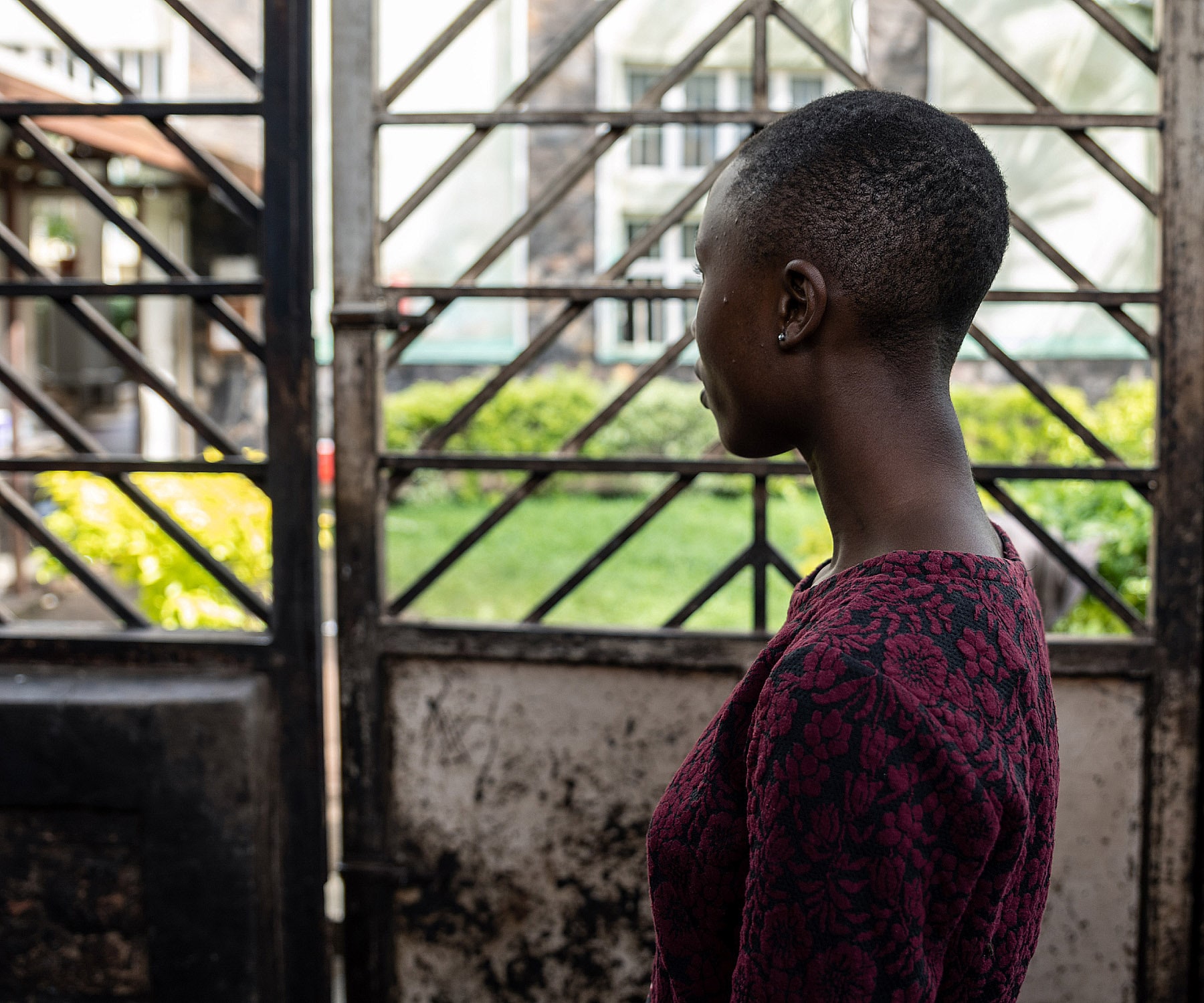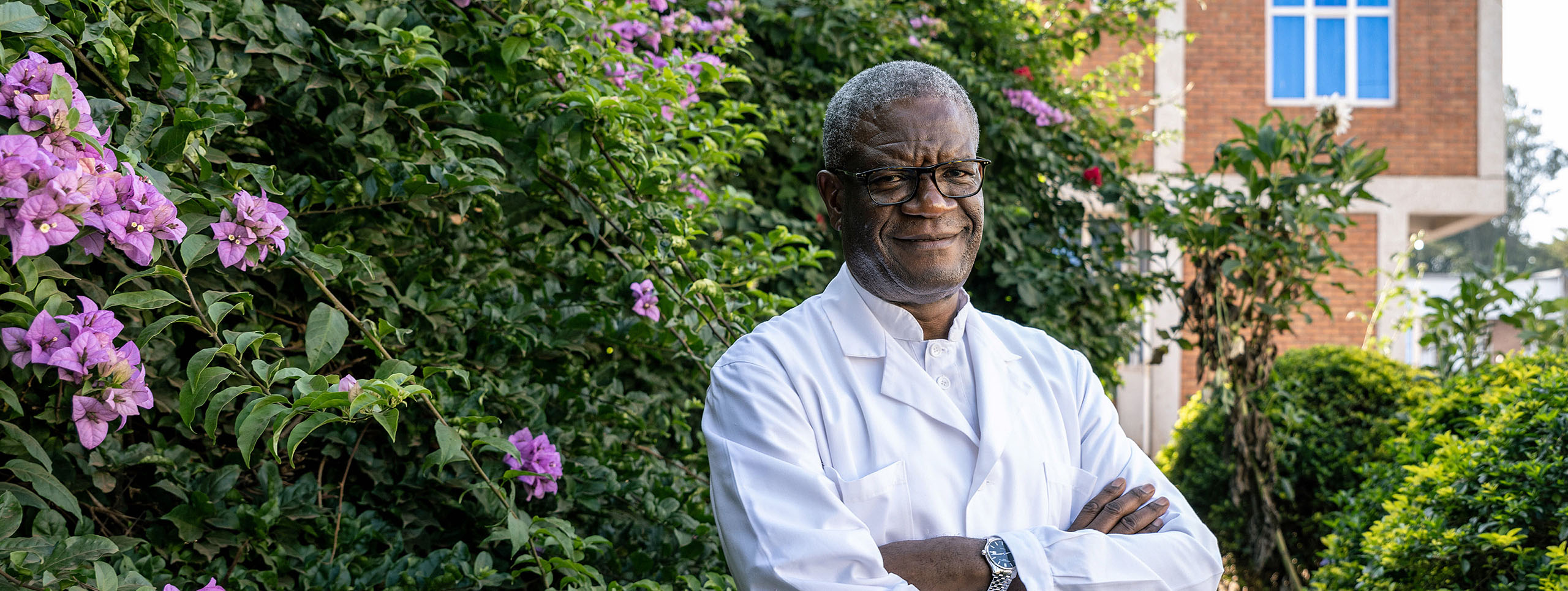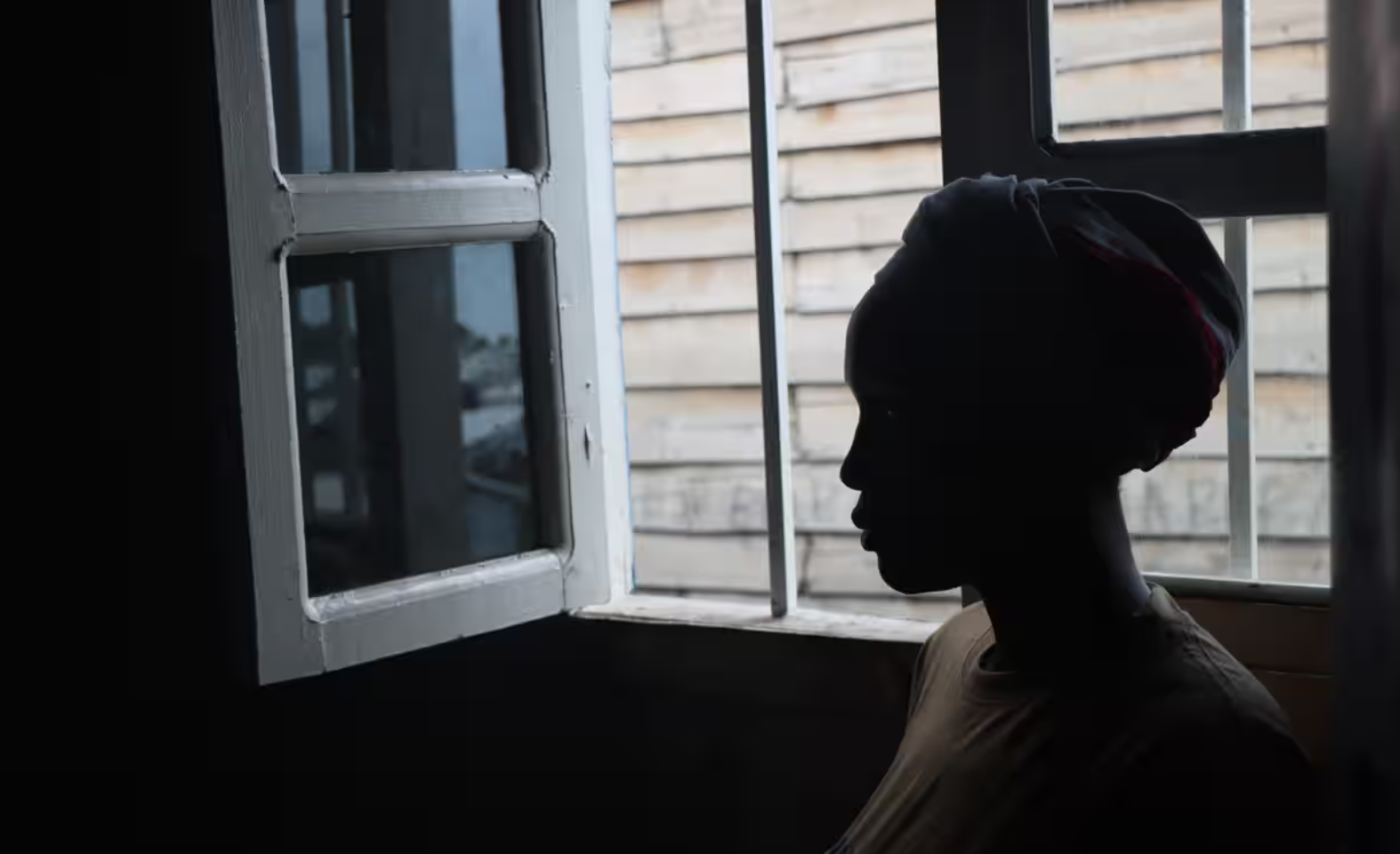The culture of impunity greatly fuels the recurrence of conflicts and the perpetuation of the most serious crimes, particularly those of a sexual and gender-based nature, and is therefore a major obstacle to the establishment of the rule of law and the restoration of lasting peace in the Democratic Republic of Congo (DRC).
Decades of dictatorship and conflict, which have plunged the DRC into chaos and desolation, have seriously undermined the rule of law and undermined citizens’ confidence in the ability of their institutions to dispense justice. Indeed, it is clear that the Congolese justice system, ill-equipped and dysfunctional, does not have the means to put an end to the culture of impunity for the mass crimes of the past and present.
This is why, for many years, we have worked tirelessly alongside victims and survivors to ensure that the added value of all transitional justice mechanisms in the DRC is exploited, taking into account the international dimension of conflicts.
The expression of political will by the President of the Republic to place transitional justice on the government’s agenda in December 2020 raised hopes that the Congolese authorities would adopt and implement a national transitional justice strategy, as recommended by numerous reports, including the Mapping Report by the Office of the United Nations High Commissioner for Human Rights.
With a view to enriching the debate, in June 2021 the Panzi Foundation published an “Advocacy note for the adoption of a holistic national transitional justice strategy in the DRC “, stressing the need to combine judicial and non-judicial mechanisms, which are complementary, and to prioritize prosecutions to end impunity and institutional reforms to guarantee non-repetition.
Furthermore, in the wake of consultations organized by the Ministry of Human Rights in a number of the Republic’s provinces, a scientific committee tasked with drawing up a draft national transitional justice policy (PNJT) in the DRC submitted its final report in December 2022, with annexes including a draft national policy, a draft transitional justice framework law, a draft organic law creating mixed specialized chambers and a chronogram for the entire process.
While we insist alongside many experts on the need to adopt a national policy and a holistic national strategy for transitional justice, integrating all mechanisms so that they are carried out simultaneously as far as possible (institutional reforms and guarantees of non-repetition, prosecutions, reparations, On December 26, 2022, the President signed the FONAREV law on the protection and reparation of victims of conflict-related sexual violence and of crimes against the peace and security of humanity.
A few months later, at the opening of the 52nd session of the Human Rights Council in Geneva on February 27, 2023, the President reaffirmed his commitment to implementing transitional justice in the DRC, undertaking firstly to submit the preliminary draft framework law to Parliament in March 2023, and secondly to work towards setting up an International Criminal Tribunal for the DRC (ICTRDC) or a Special Criminal Court and mixed specialized chambers.
To date, the draft framework law has still not been adopted. It is therefore curious to hear the Head of State “pleading” for an objective that falls largely within his sphere of responsibility. Indeed, advocacy is the hallmark of civil society action, whereas a President is called upon to “decide”, act and create the conditions to bring his priorities to fruition. Yet to date, no official letter calling for the establishment of an ICTRDC has been submitted by the DRC to the UN Security Council, and no Congolese diplomatic initiative has been launched to work with a Security Council member state to draft a resolution to settle this issue.
Finally, on the occasion of the launch on August 2, 2023 of the Congolese genocide commemoration day, the President “encouraged Parliament to pass laws aimed at removing the perpetrators of crimes from access to positions of responsibility”, affirming that the old recipes – amnesty laws or integration into public administrations – enshrining impunity are to be forgotten, and expressing his wish to put an end to the immoral policy of granting promotions to those who should answer for their acts before national and international justice.
Once again, the Head of State does not seem to grasp the importance of integrating institutional reforms into the implementation of a holistic national transitional justice strategy, when the most obvious link between transitional justice and institutional reform is precisely the establishment of a vetting procedure for state officials. Moreover, the President does not appear to be sensitive to the principle of consistency, having, among other things, taken advantage of the last government reshuffle in March 2023 to appoint 2 former warlords to the rank of Minister and Deputy Prime Minister, after having appointed, two years earlier, on August 7, 2021, a former member of the Rassemblement Congolais pour la Démocratie and leader of a militia, the Alliance de Libération de l’Est du Congo (ALEC), close to the M23 and Rwanda, as national coordinator of the Programme National de Démobilisation, Désarmement, Relèvement communautaire et Stabilisation (PDDRC-SS).
It is in this context that we renew our plea to ensure that, like all peoples martyred by human barbarity, the victims of the mass atrocities committed over the decades in the DRC are entitled to holistic justice, including justice, truth, reparations and guarantees of non-repetition. Only then will it be possible to speak of reconciliation and complete the transition from dictatorship to democracy, and from war to peace.
-Denis Mukwege
